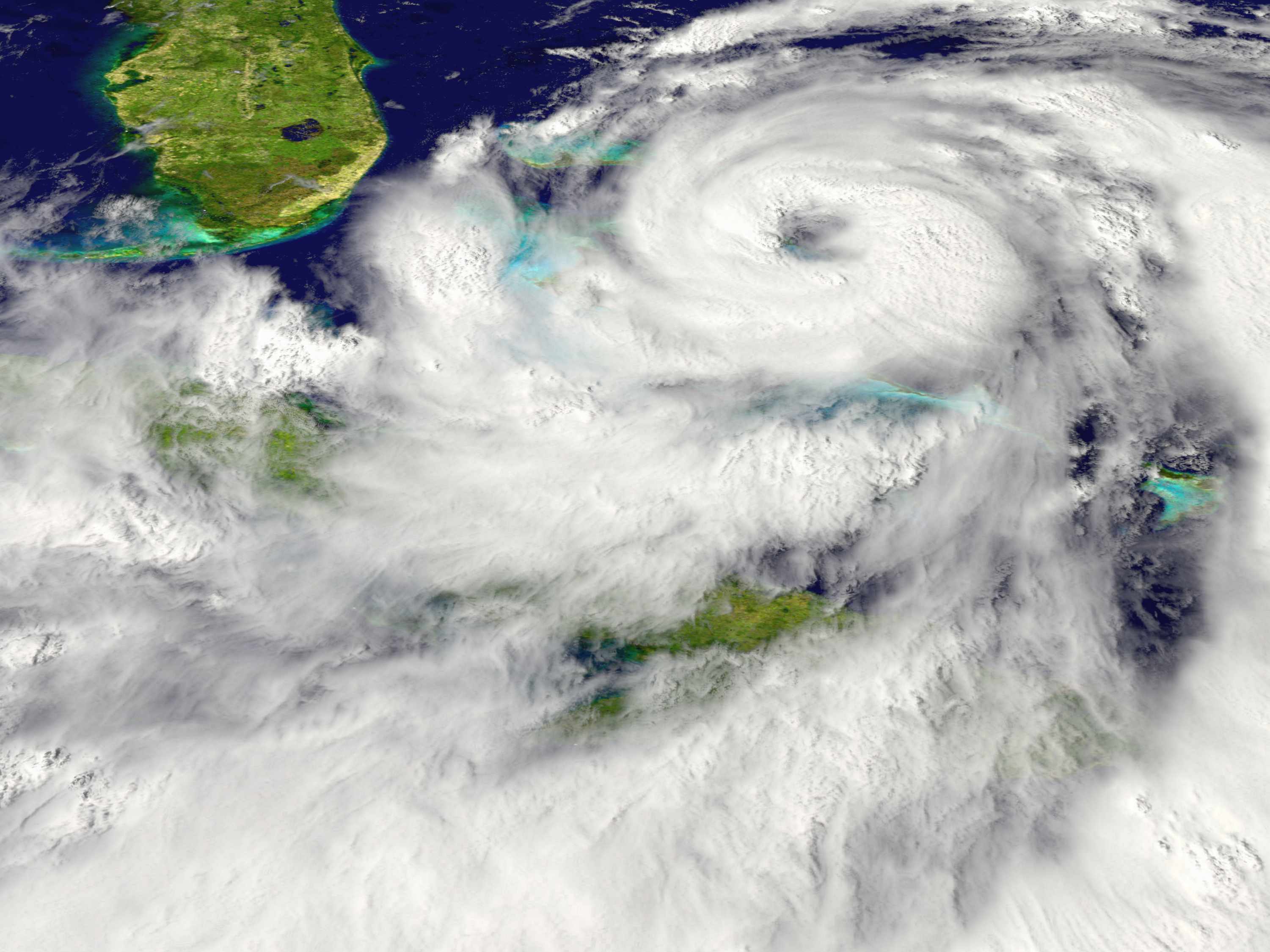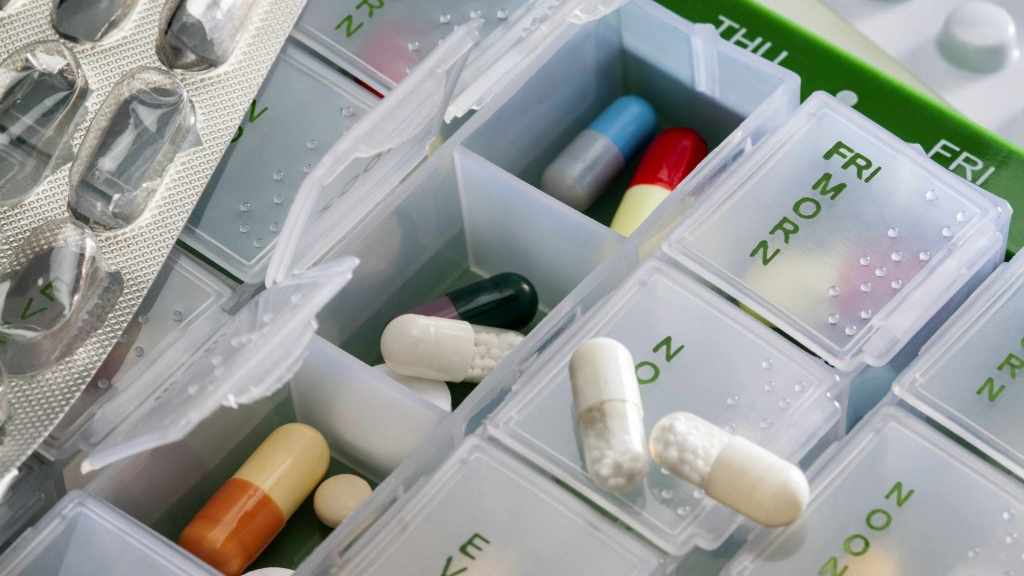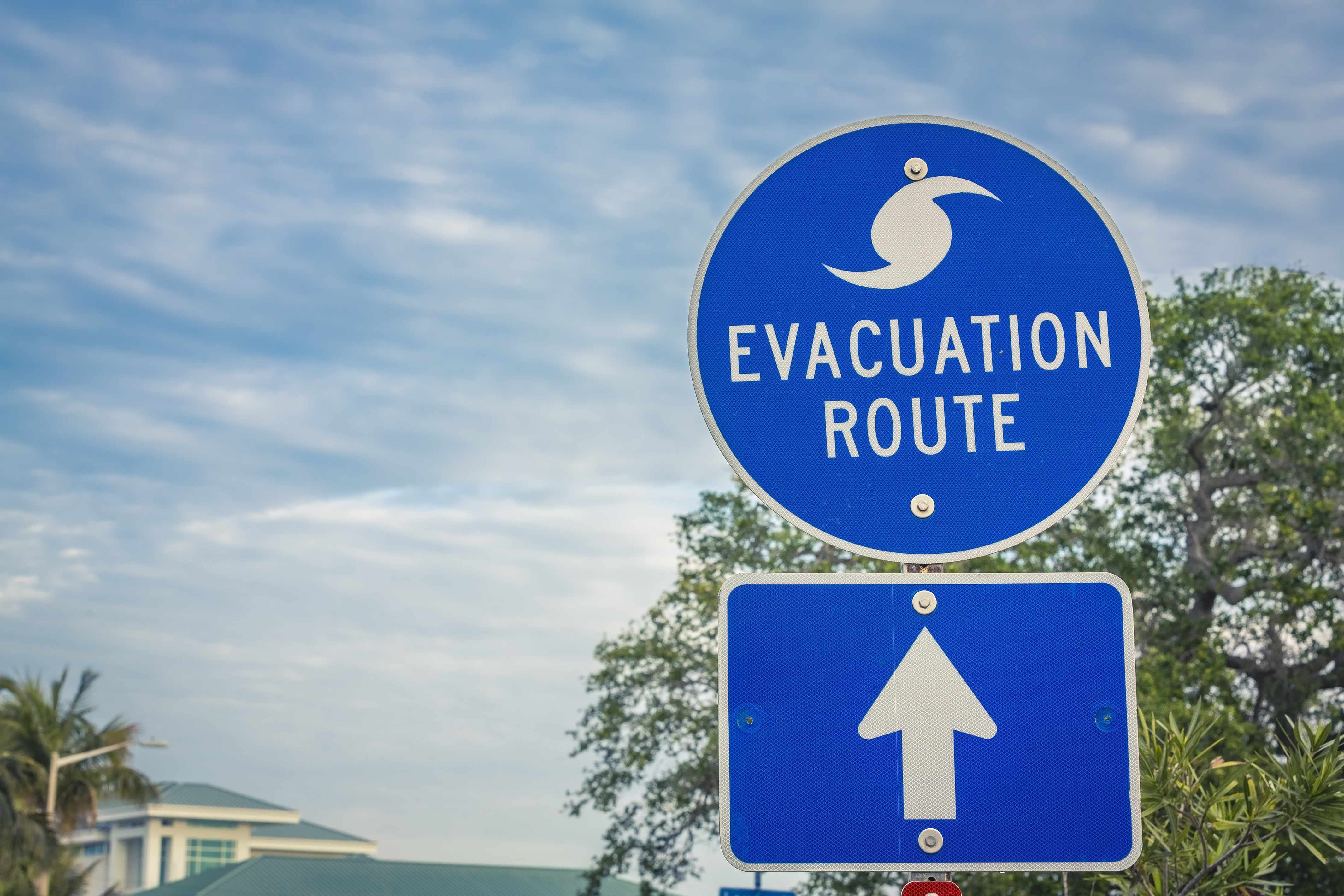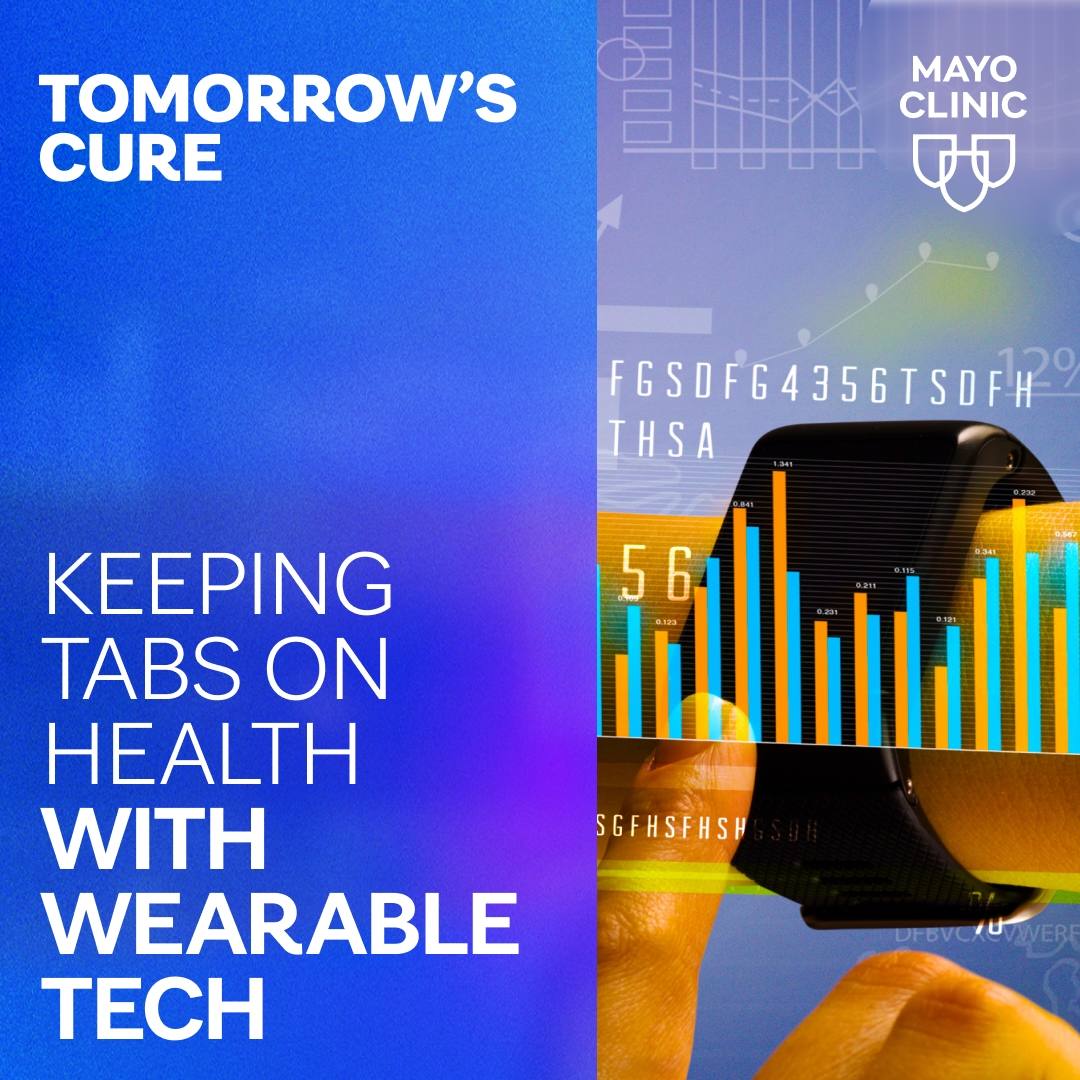-
Hurricane Season Part I: Preparing for the storm

The Atlantic hurricane season runs from June 1 to Nov. 30. In this first of a three-part series, here are some medical safety steps you should consider when preparing before the storm.
When forecasters begin talking about an impending storm, preparations typically center on having an adequate supply of nonperishable food and water, as well as batteries, flashlights, and an evacuation route.
But planning for health and wellness is also important. Mayo Clinic Emergency Medicine physician Dr. Michael Boniface offers tips to consider as you review your preparedness plan to keep you and your family safe before, during and after a storm.
“It can be easy to get caught up in storm preparations, making sure you have enough food and water and neglect your personal health care. But adding personal health items to your emergency kit will be valuable,” says Dr. Boniface.
First-aid kit
At a minimum, Dr. Boniface recommends organizing a first-aid kit that includes items such as Band-Aids and bandages, gauze, antibiotic ointment, handkerchiefs and over-the-counter pain medication.

Medication management
For individuals taking prescription medication, before a storm, Dr. Boniface advises checking your inventory to ensure you have enough to last several days. “You will want at least an additional three-day supply, but, depending on your situation — whether you need to evacuate your home — you might need another seven to 10- day supply,” he says.
Dr. Boniface suggests requesting prescription refills in advance but notes that, in some circumstances, pharmacies may be able to dispense additional medications without a current order in the event of a weather emergency.
Dr. Boniface also advises people whose medication requires refrigeration, such as diabetics, to speak to their pharmacist to confirm how long medicines can be at room temperature. “But take time to plan how you will keep your medication cold.”
Dr. Boniface suggests requesting prescription refills in advance but notes that, in some states, in a case of emergency, pharmacies may be able to dispense short-term refills of certain medications.
Everyone needs to take precautions regarding medications, but certain populations, especially the elderly, immunocompromised people or those with other special needs, such as diabetics, must consider additional preparations.
“If you have medication that requires refrigeration, for instance, consider your plan to keep medications cold and safe. Do you have enough ice? A sealed icebox? It may be important to find out how long medication can last at room temperature?” says Dr. Boniface.
Also, people using special equipment, such as insulin pumps, sleep apnea machines or oxygen tanks, must plan to ensure they have enough supplies on hand, including extra batteries or a backup power supply, he says.
Watch: Dr. Boniface discusses safety before the storm.
Journalists: Broadcast-quality sound bites with Dr. Boniface are in the downloads.
Medical documentation
Lastly, Dr. Boniface advises everyone to keep a copy of important medical documents – health records, health care directives and living wills – in their emergency kit. Also, have multiple copies of this information handy:
- All medications, including brand names, dosage, how often medication is taken, — and what it’s taken for
- Health care providers and contact information
- Preferred pharmacy and hospital, including address and phone number
“Everyone should have a list in their wallet, in their purse and in their emergency kit. While many people have the information saved on their cellphones, if your phone runs out of battery, it doesn’t help,” he says.
Hurricane preparation lists and other tips are available from many sources.
- Centers for Disease Control and Prevention
- Federal Emergency Management Association
- U.S. Department of Homeland Security
- City and state government offices
- Local news stations








